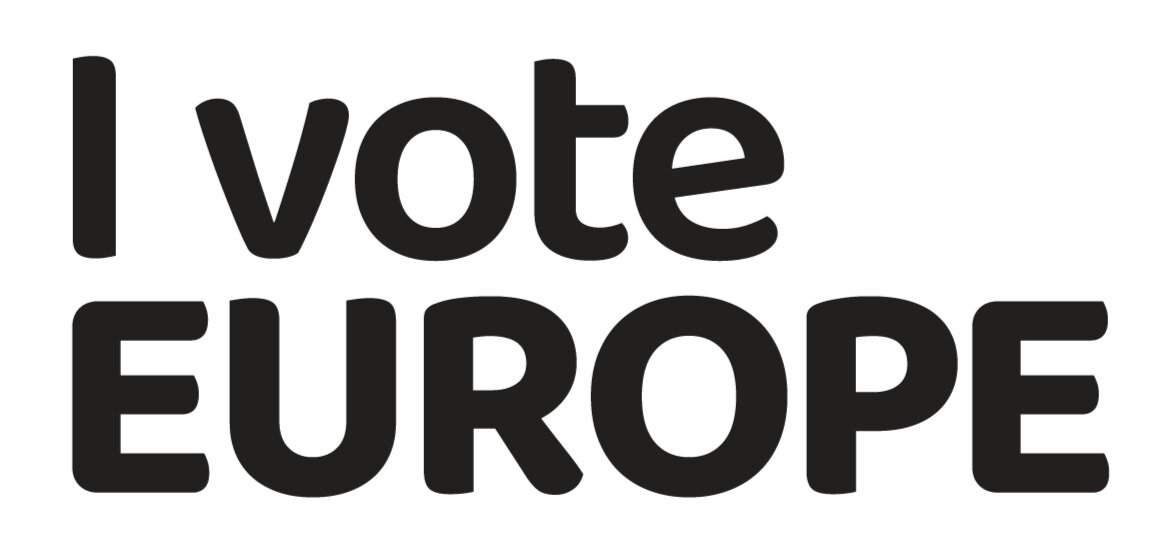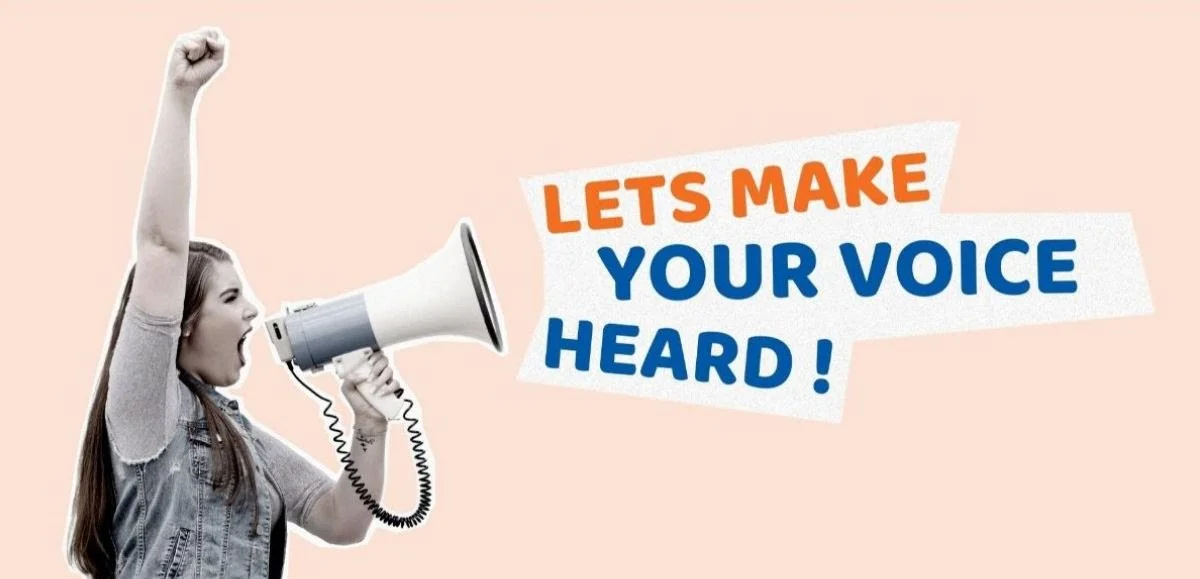
What’s happening? Find the latest updates on our campaign and the negociations currently taking place on this page.
MEPs are currently about to finalise a political deal that will affect the way you vote in 2024 for the EU elections. Leaders of the political groups in the European Parliament such as Manfred Weber, Ska Keller, Stéphane Séjourné and Iratxe García Pérez are deciding about the rules for the future of Europe’s democracy, and many of the issues we are campaigning for are being discussed as we speak!
STATUS QUO OF THE NEGOTIATIONS: A GAME OF CHICKEN
There nearly was a deal, but then there wasn’t!
Negotiations came really close to a deal during the January Strasbourg Plenary session. However, a deal failed to materialise due to a German conservative opposition to an ambitious electoral law act.
Everything depends on pan-European lists!
All politically sensitive issues such as voting age, an electoral threshold and gender equality on electoral lists depend on the size of the pan-European list. Everything hinges on whether we get to elect 7 MEPs across the continent or 26, 30 or 46!
The center-right does not want to have more than 7 seats available for pan-European politicians (if we apply the 2019 election result that would mean 3 for center right, 2 for socialists, 1 for liberals, 1 for the far right). The others (the socialists, liberals, greens and the left) will only agree to discuss the aforementioned political issues if the size of the list is bigger than 30…No one wants to move on their position! Whoever blinks first may lose!
Since 19 January, negotiations have hit a roadblock!
Everything has been postponed for now. The problem is that this standoff is costing us valuable time on the road to agreeing on a new election law ahead of 2024.
The only way out is for political leaders to find a compromise! However, nothing is going to change their minds unless they feel the pressure from you and other Europeans that a decision has to be made! They won’t feel it unless we tell them that a decision is necessary and that we want new rules for the 2024 elections.
BACKGROUND TO THE NEGOTIATIONS: THE COMPROMISE
Each vote does not count.
There is an issue with the threshold! Big parties want to protect themselves in their ivory tower of power, from competition and innovation. Currently, negotiators are talking about installing a minimum threshold of 2% and a maximum threshold of 5%! This is the key problem currently in the negotiations, and it was tried in 2018 and failed! Why should it work now?
Every 16-year old will have the right to vote… well kind of.
The text now states that every European as of the age of 16 shall have the right to vote in the EU elections! There is one hook though, namely that if nations do not allow this at the moment, then current rules apply - meaning in many Member States only 18 year-olds can vote. BUT at least the direction is set to reduce the voting age.
Every 18-year old European can become a politician.
No matter where you are from, you are allowed to run as a candidate in the European election from the age of 18. This will change the list of candidates in Italy, Greece (until now the minimum age was 25), Romania (23), Belgium, Bulgaria, Czechia, Estonia, Ireland, Lithuania, Latvia, Poland, Slovakia and Cyprus (21).
Stronger measures to improve gender equality.
For now, the compromise is heading towards making sure that women and men are equally represented on electoral lists. Some members are still trying to block this, but they are running out of arguments. One issue we have is that the current wording is binary and does not open the room for non-binary or transgender politicians. But it is a start in the right direction!
Political competition is growing - watch out establishment!
European political movements and coalitions of national political movements that can gather a decent amount of signatures in 7 Member States can run for the Union-wide constituency! Look out establishment, competition from new political ideas and movements is on its way!
Every MEP is to be equally scrutinised.
A demand for minimum democratic standards - that are proportionate and fair - has been taken up. Each country now has to guarantee that it has reasonable, fair, democratic and proportionate conditions for registering a party or an association of citizens, and for submitting a candidacy for the national and the Union-wide constituencies. Political parties are also asked to select their candidates via democratic procedures.
Parental leave & temporary replacements is possible.
At least some of the rules for the European Parliament elections and Members of the European Parliament may finally arrive in the 21st century! The compromise supports changes to make parental leave a possibility for MEPs so that they can be replaced temporarily.
WE NEED YOU!
You are the only ones who are able to create such pressure! You need to tell them why you care about wanting new rules for the 2024 elections; why you want to vote for a pan-European list, and why it should be easy to vote and to be elected! How to help? Click on the button below to get too our Take Action page or use the navigation.
Thank you for your help!




